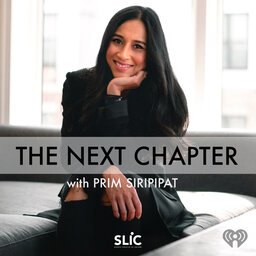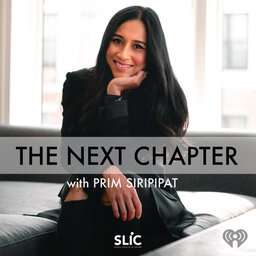Live from Loyola Marymount University - LG Transparent Conversations w/ Dr. William Parham, Tairia Flowers, and Betsi Flint on Student Athlete Mental Health Beyond the College Experience - Part 1
Prim Siripipat continues the LG Transparent Conversations nationwide tour and series aimed at addressing student-athlete mental health and well-being. In this episode, the former Duke tennis player visits Loyola Marymount University in Los Angeles, CA, to host a discussion on “Student Athlete Mental Health Beyond the College Experience.” Joining the panel are LMU professor and NBPA Director of Mental Health and Wellness Dr. William Parham, former UCLA Softball National Champion and LMU Softball Coach Tairia Flowers, and former LMU volleyball player and Olympic hopeful Betsi Flint. The panel talks about the importance of mental health beyond the college experience and how it shapes their experiences after graduating, including the inevitable transition of athletic retirement.
 The Next Chapter With Prim Siripipat
The Next Chapter With Prim Siripipat


